The Bigger Picture
5:30 minMapping material topics to the UN Sustainable Development Goals
In the year 2015, the 193 countries of the United Nations General Assembly adopted the so-called Agenda 2030, with 17 Sustainable Development Goals (SDGs) and 169 targets at its heart. These are ambitious targets for people, planet and prosperity which require partnerships between government, NGOs, businesses and institutions of higher learning to be able to achieve. If we are to achieve them, everyone should have knowledge of them.
Because less than half of the global population have even heard of them (OECD, 2017 ), dormakaba aims to increase stakeholders' awareness of the SDGs, especially within our workforce. As a first step, dormakaba has mapped our newly defined material topics to the targets of the SDGs. We see a link between eight SDGs and our material topics. We also see the SDGs as a guide to new business opportunities.
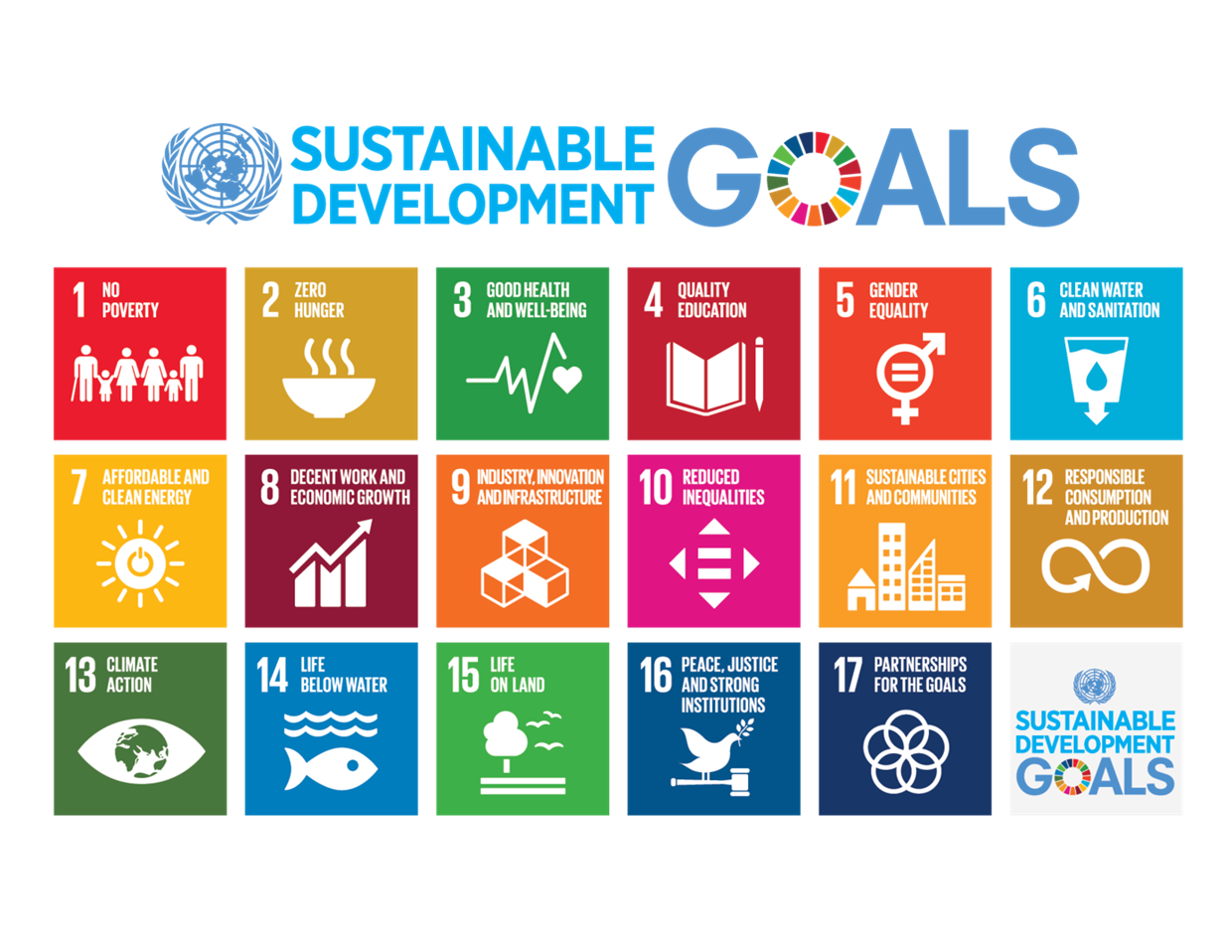
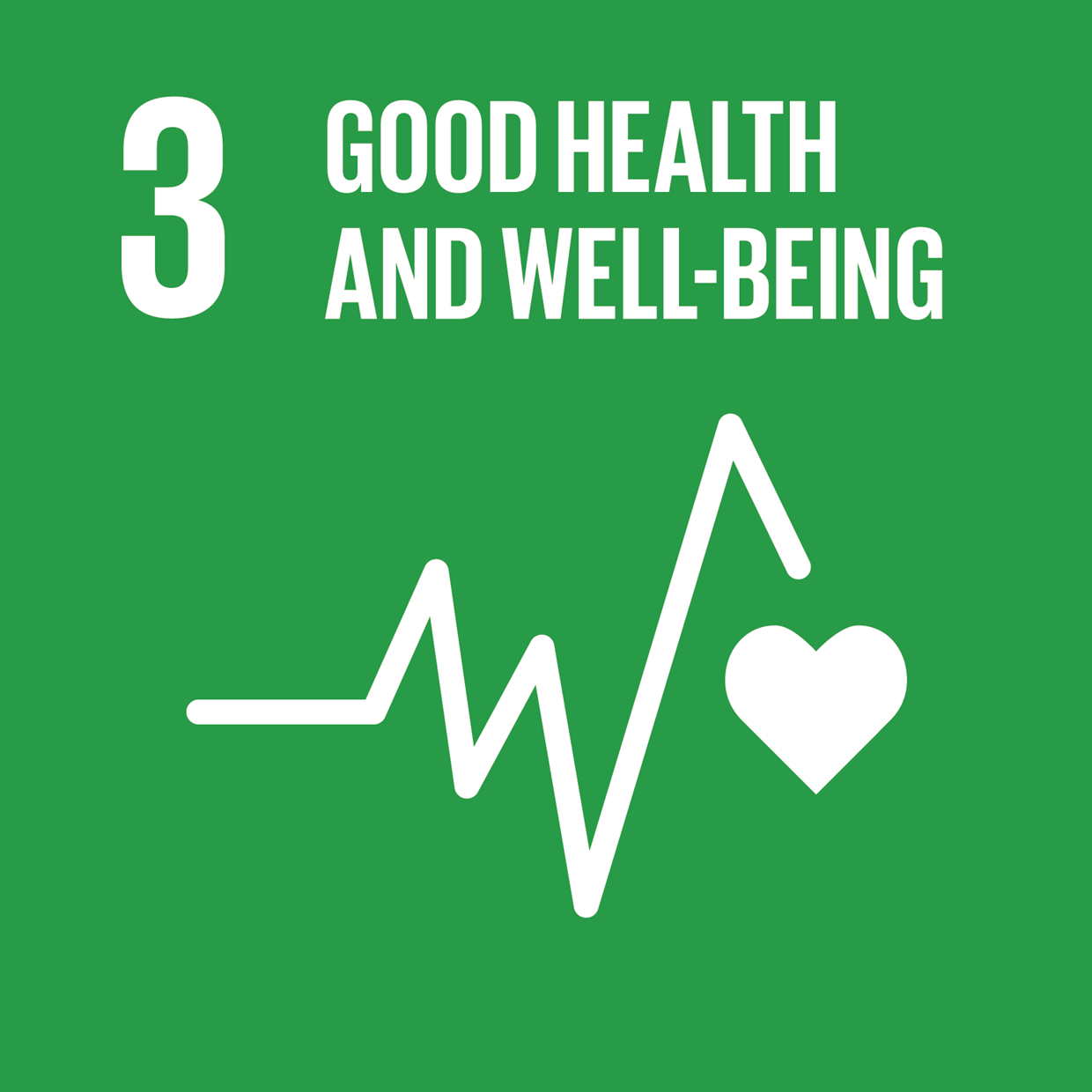
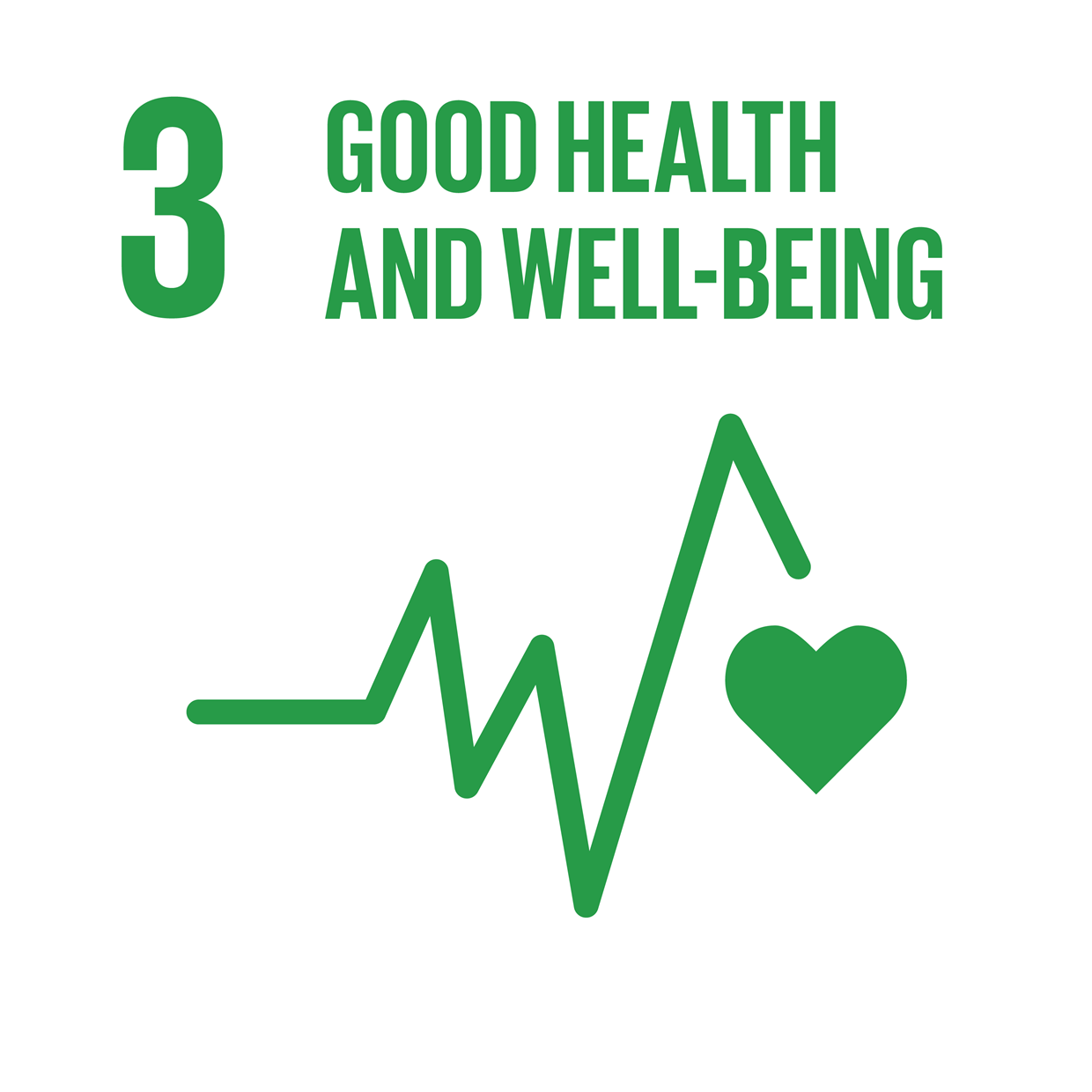
Goal 3. Ensure healthy lives and promote well-being for all at all ages
By 2030, substantially reduce the number of deaths and illnesses from hazardous chemicals and air, water and soil pollution and contamination (Target 3.9)
Material Topic: Customer Health & Safety
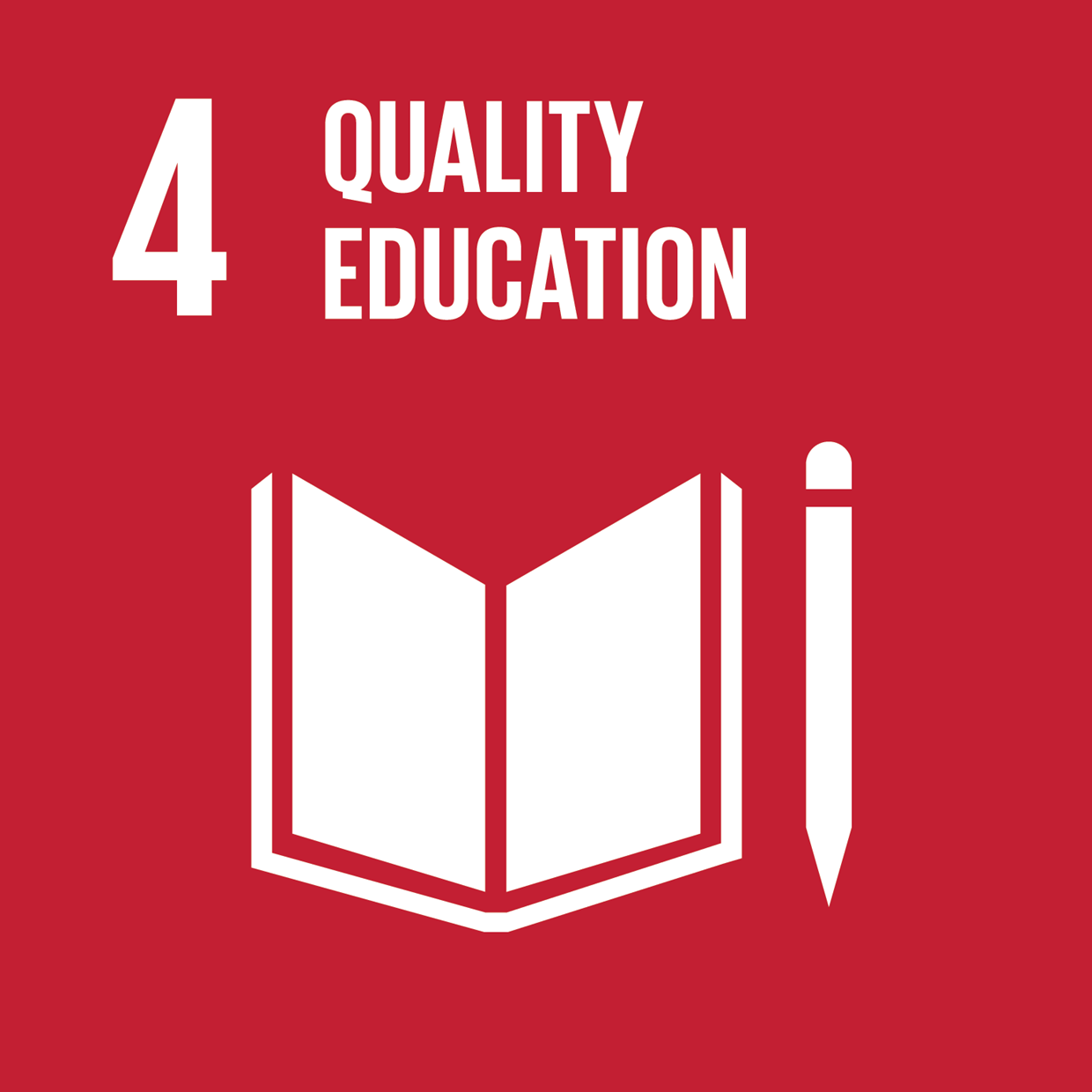
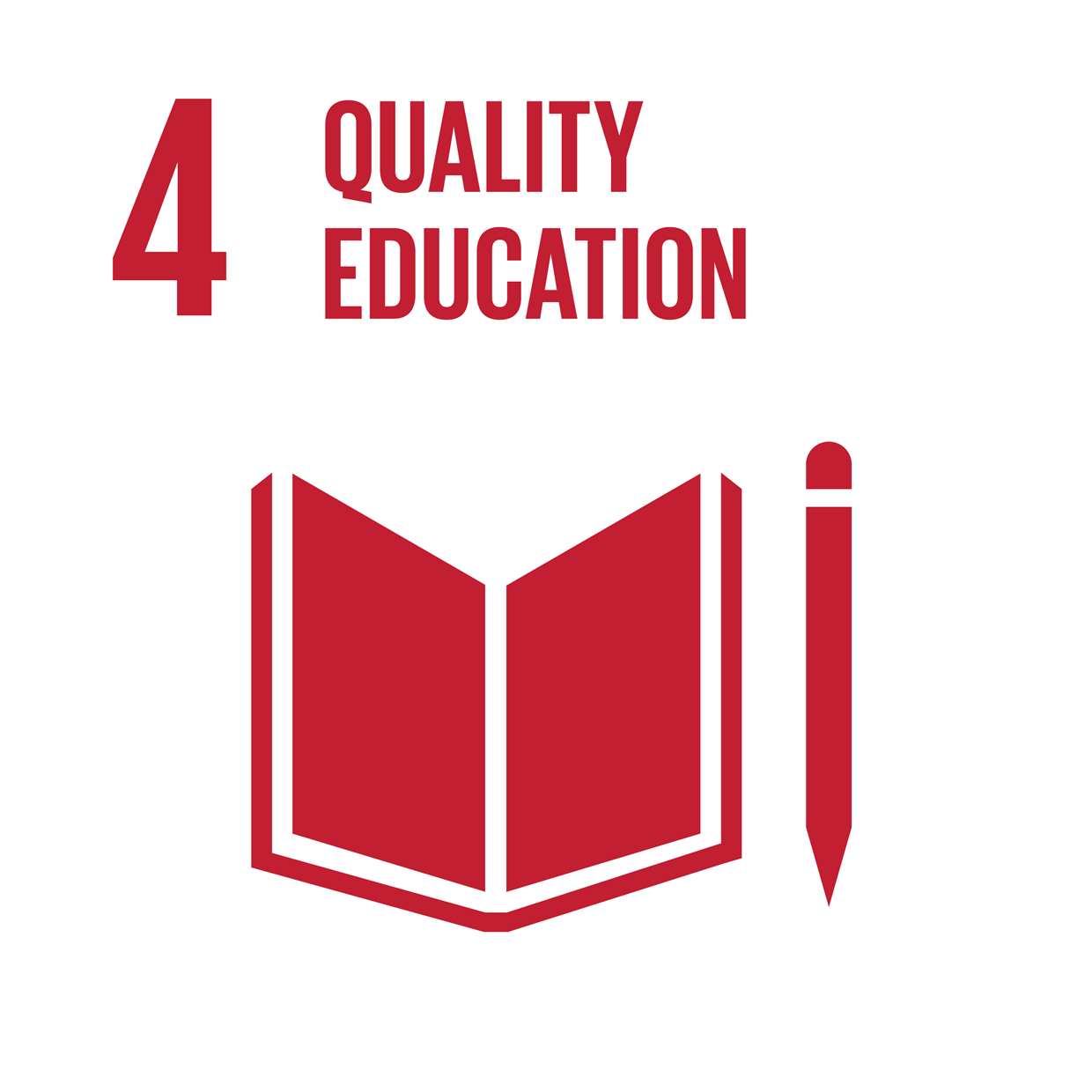
Goal 4. Ensure inclusive and equitable quality education and promote lifelong learning opportunities for all
By 2030, ensure equal access for all women and men to affordable and quality technical, vocational and tertiary education, including university (Target 4.3)
By 2030, ensure that all learners acquire the knowledge and skills needed to promote sustainable development (Target 4.7)
By 2030, substantially increase the number of youth and adults who have relevant skills, including technical and vocational skills, for employment, decent jobs and entrepreneurship (Target 4.4)
Material Topic: Training & Education
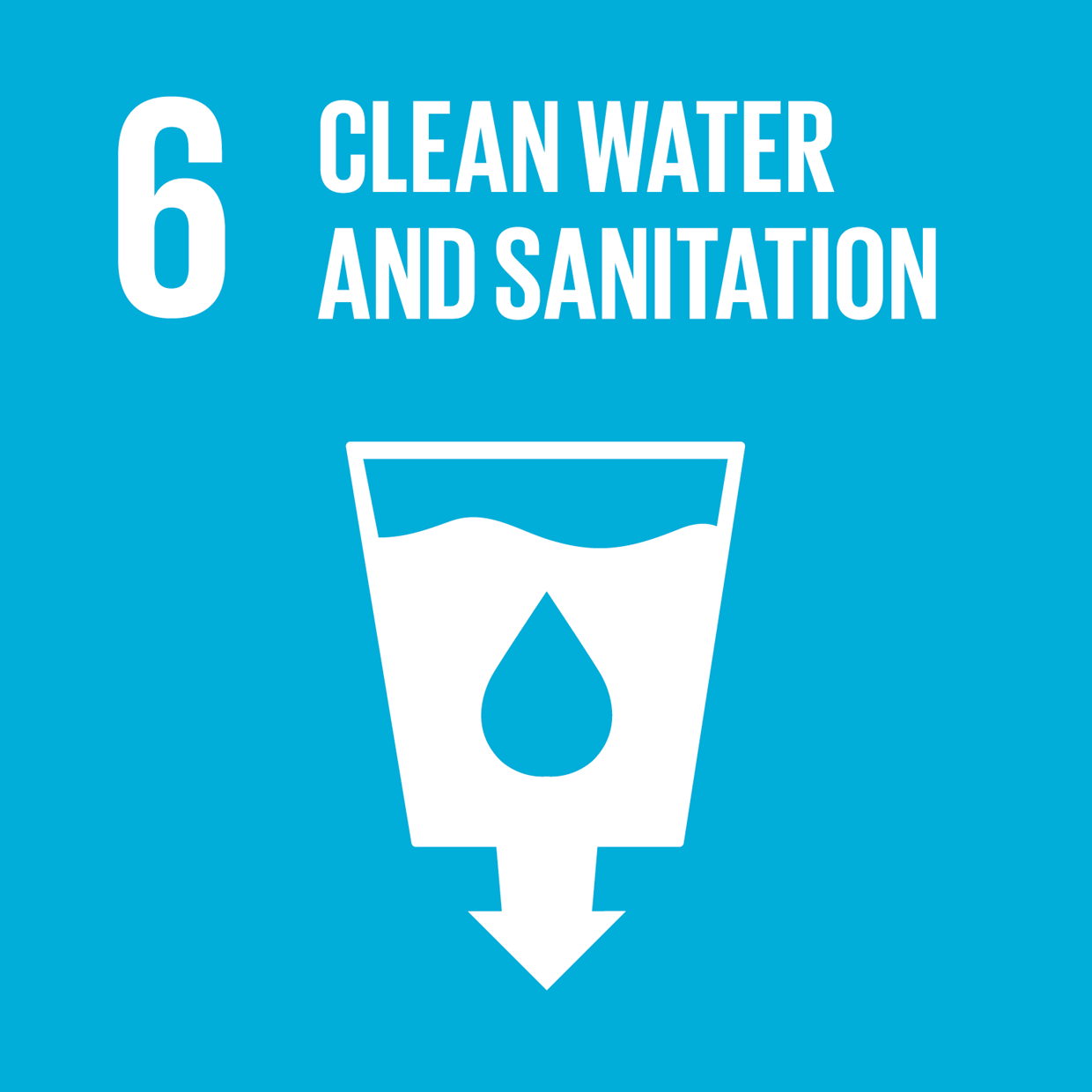
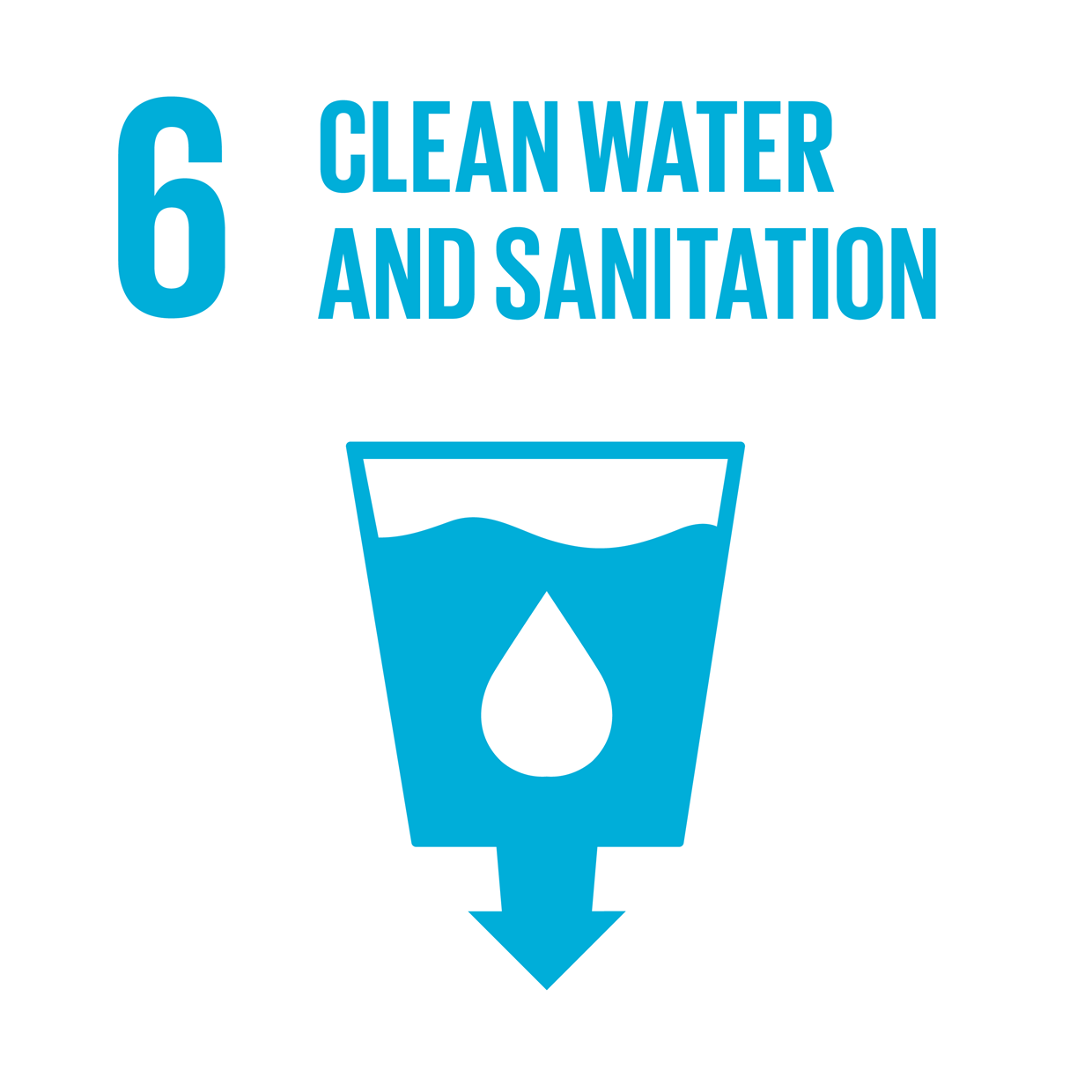
Goal 6. Ensure availability and sustainable management of water and sanitation for all
By 2030, improve water quality by reducing pollution, eliminating dumping and minimizing release of hazardous chemicals and materials, halving the proportion of untreated wastewater and substantially increasing recycling and safe reuse globally (Target 6.3)
By 2030, substantially increase water-use efficiency across all sectors and ensure sustainable withdrawals and supply of freshwater to address water scarcity and substantially reduce the number of people suffering from water scarcity (Target 6.4)
Material Topic: Water
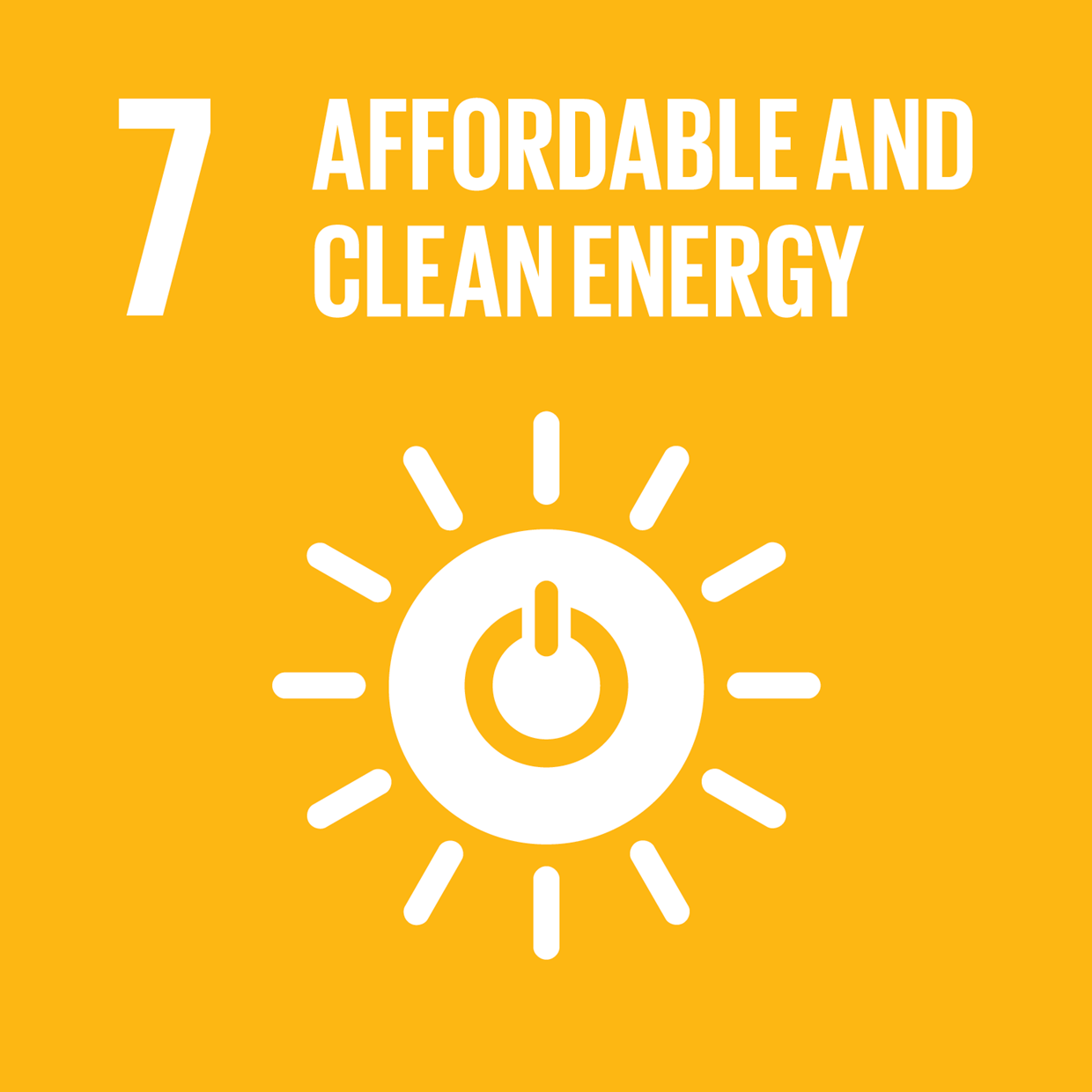
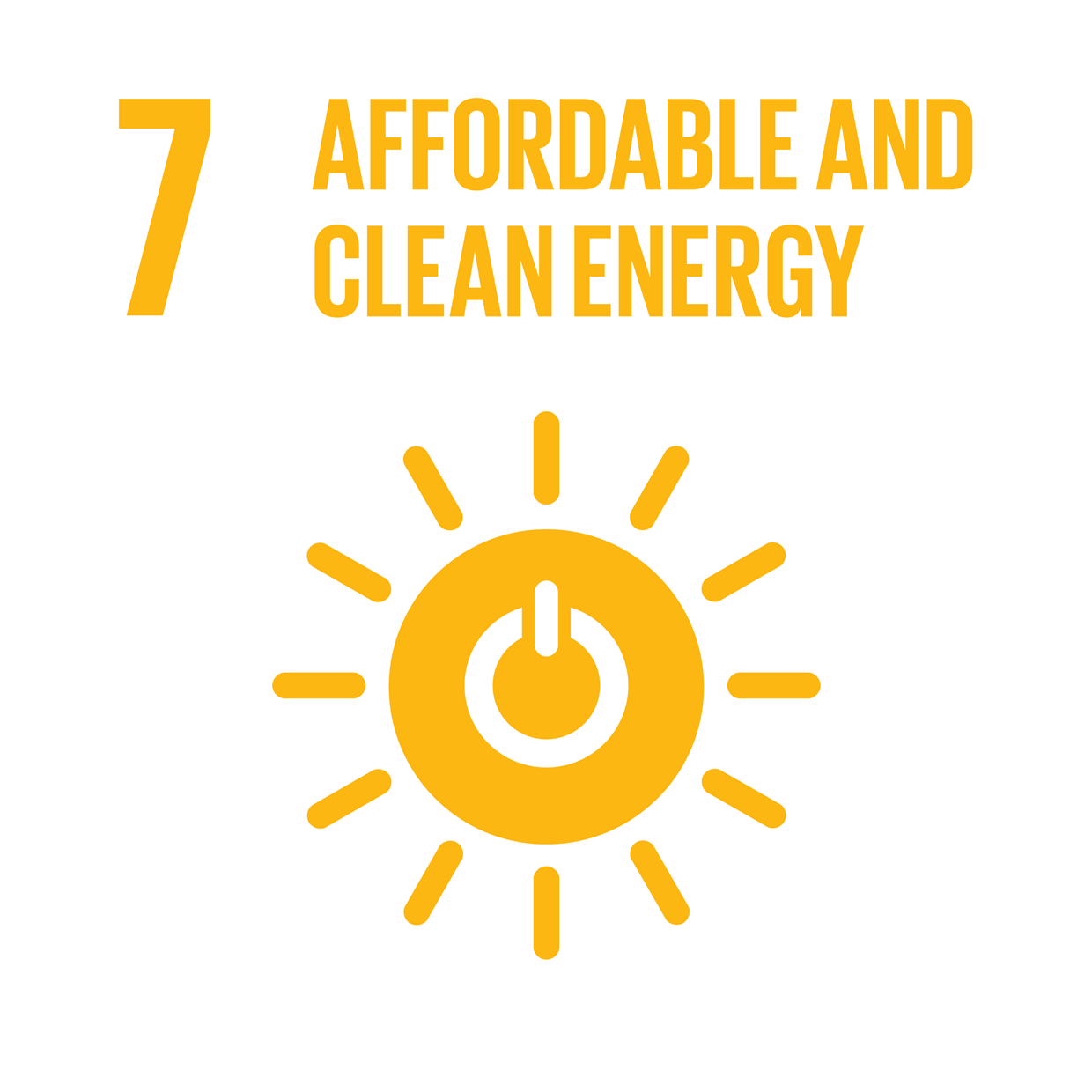
Goal 7. Ensure access to affordable, reliable, sustainable and modern energy for all
By 2030, increase substantially the share of renewable energy in the global energy mix (Target 7.2)
By 2030, double the global rate of improvement in energy efficiency (Target 7.3)
Material Topic: Energy
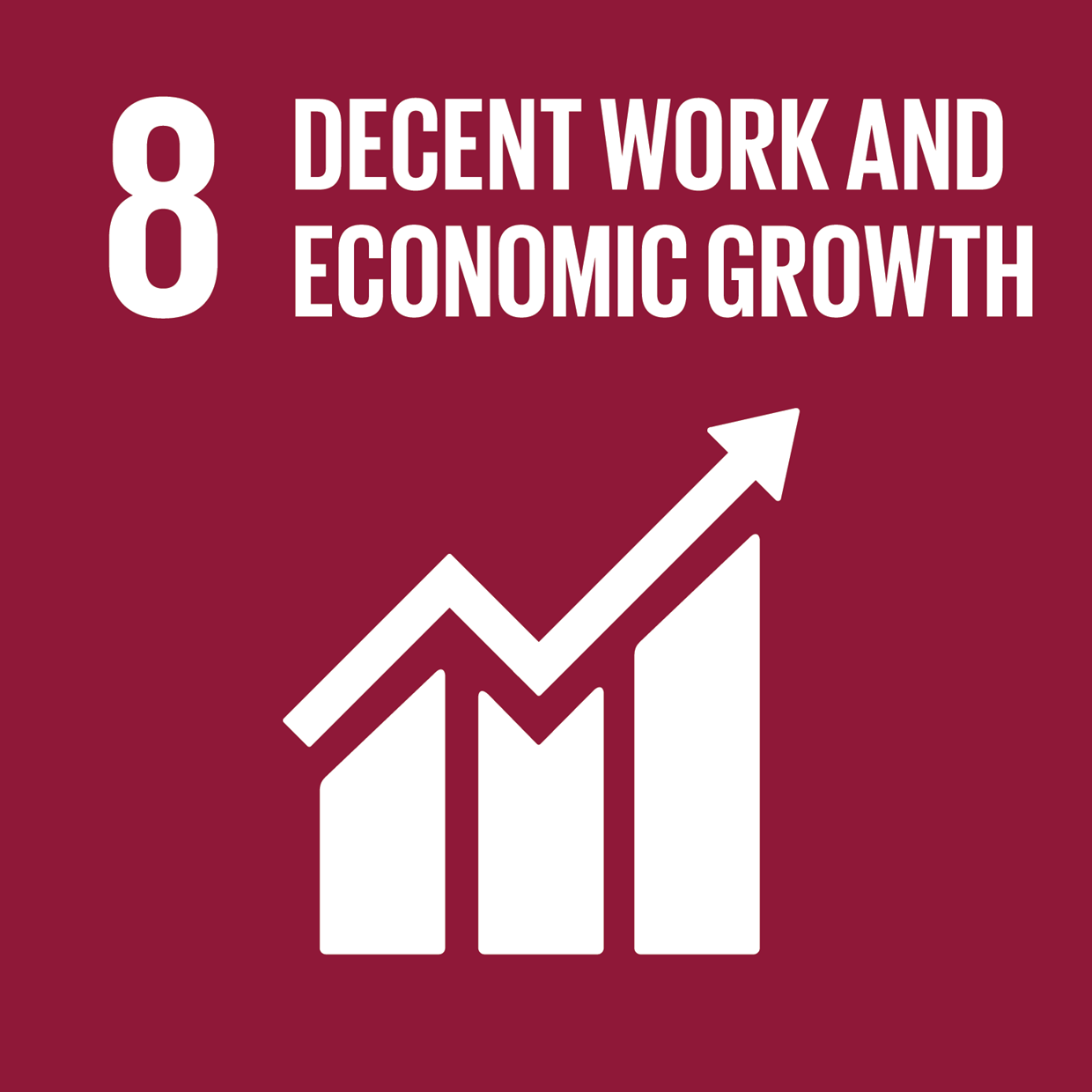
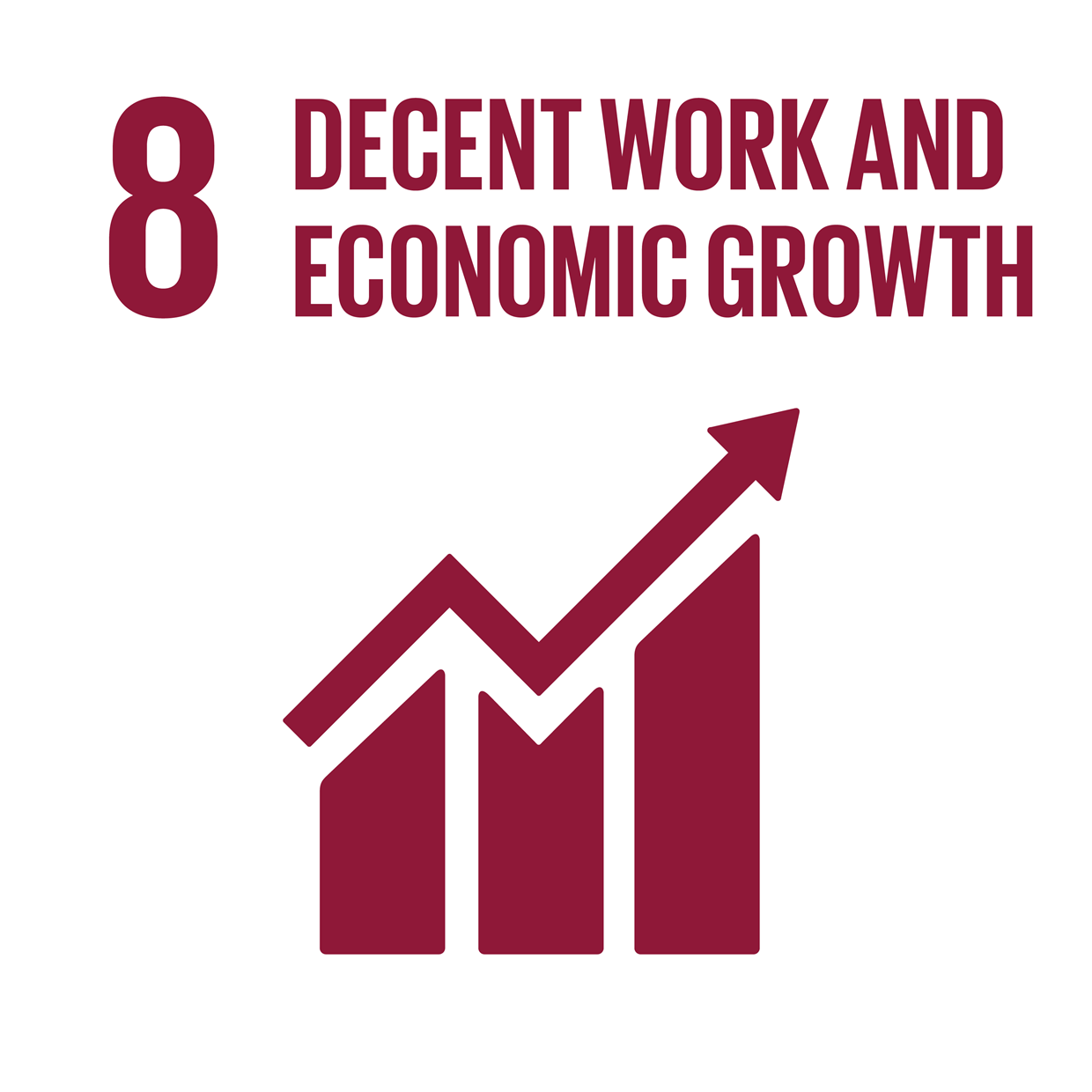
Goal 8. Promote sustained, inclusive and sustainable economic growth, full and productive employment and decent work for all
Protect labor rights and promote safe and secure working environments for all workers, including migrant workers, in particular women migrants, and those in precarious employment (Target 8.8)
Take immediate and effective measures to eradicate forced labor, end modern slavery and human trafficking and secure the prohibition and elimination of the worst forms of child labor (Target 8.7)
By 2030, achieve full and productive employment and decent work for all women and men, including for young people and persons with disabilities, and equal pay for work of equal value (Target 8.5)
Material Topics: Employment; Human Rights Assessment; Occupational Health & Safety; Freedom of Association & Collective Bargaining
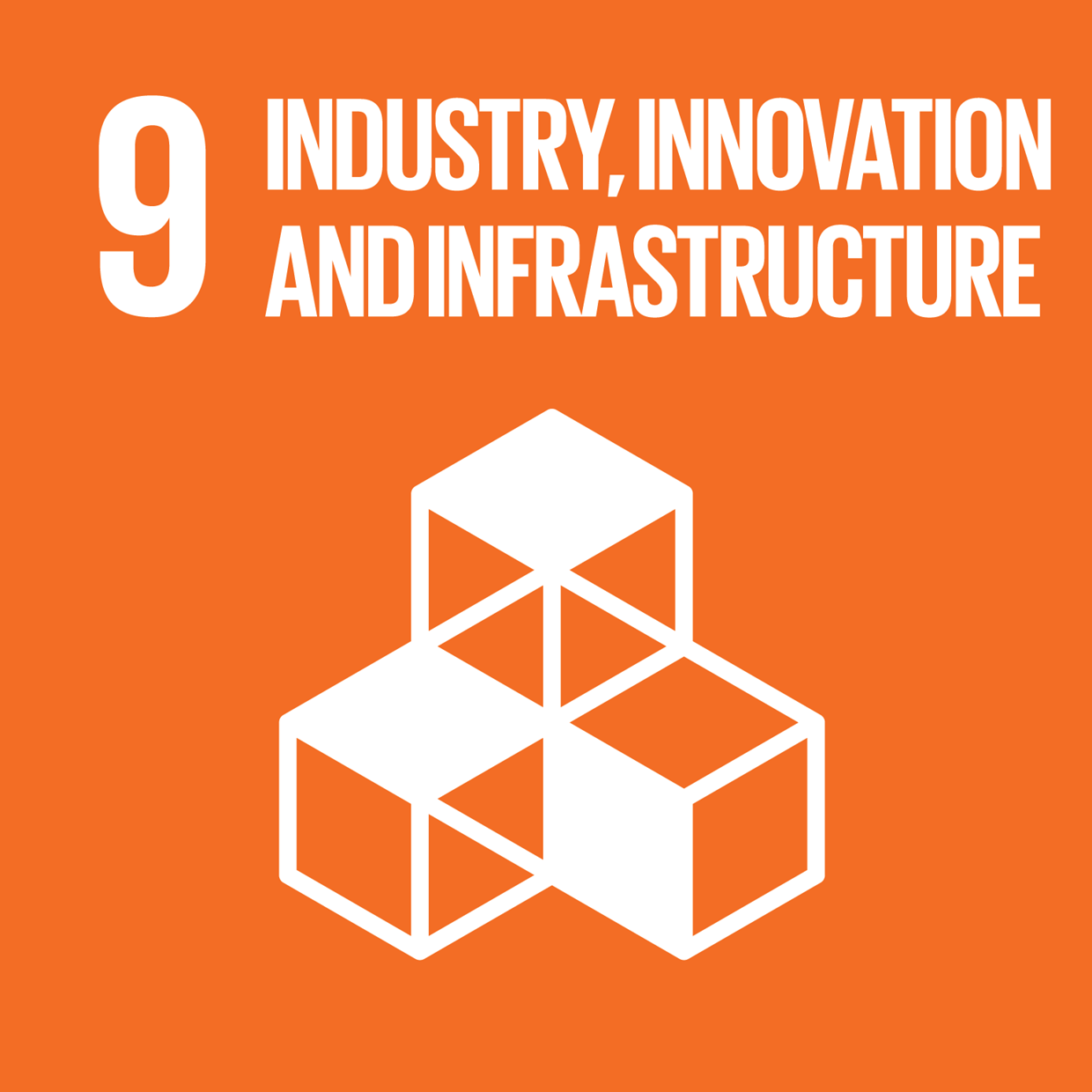
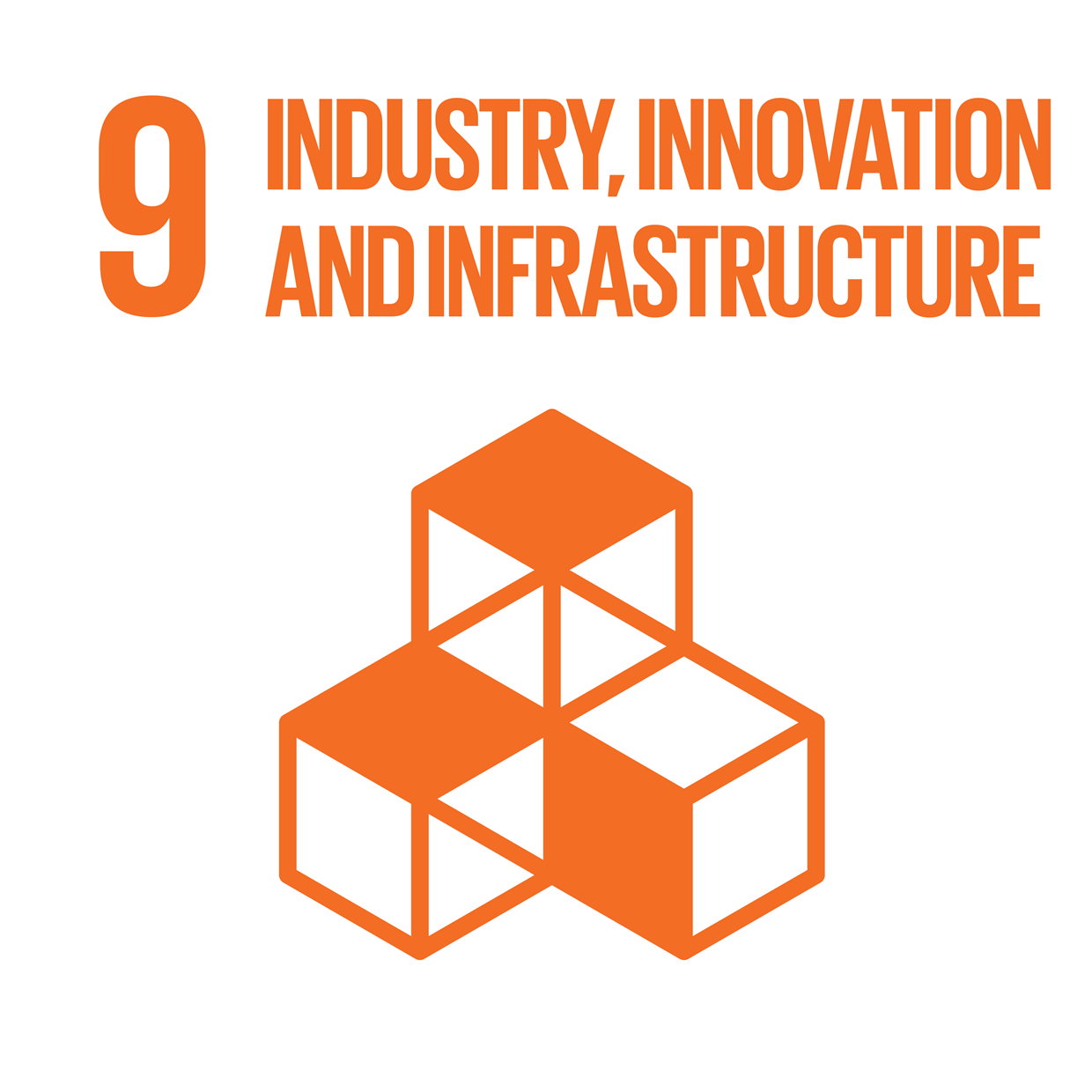
Goal 9. Build resilient infrastructure, promote inclusive and sustainable industrialization and foster innovation
By 2030, upgrade infrastructure and retrofit industries to make them sustainable, with increased resource-use efficiency and greater adoption of clean and environmentally sound technologies and industrial processes, with all countries taking action in accordance with their respective capabilities, and specifically, reduce the CO2 emission per unit of value added (Target 9.4)
Material Topics: Emissions; Materials
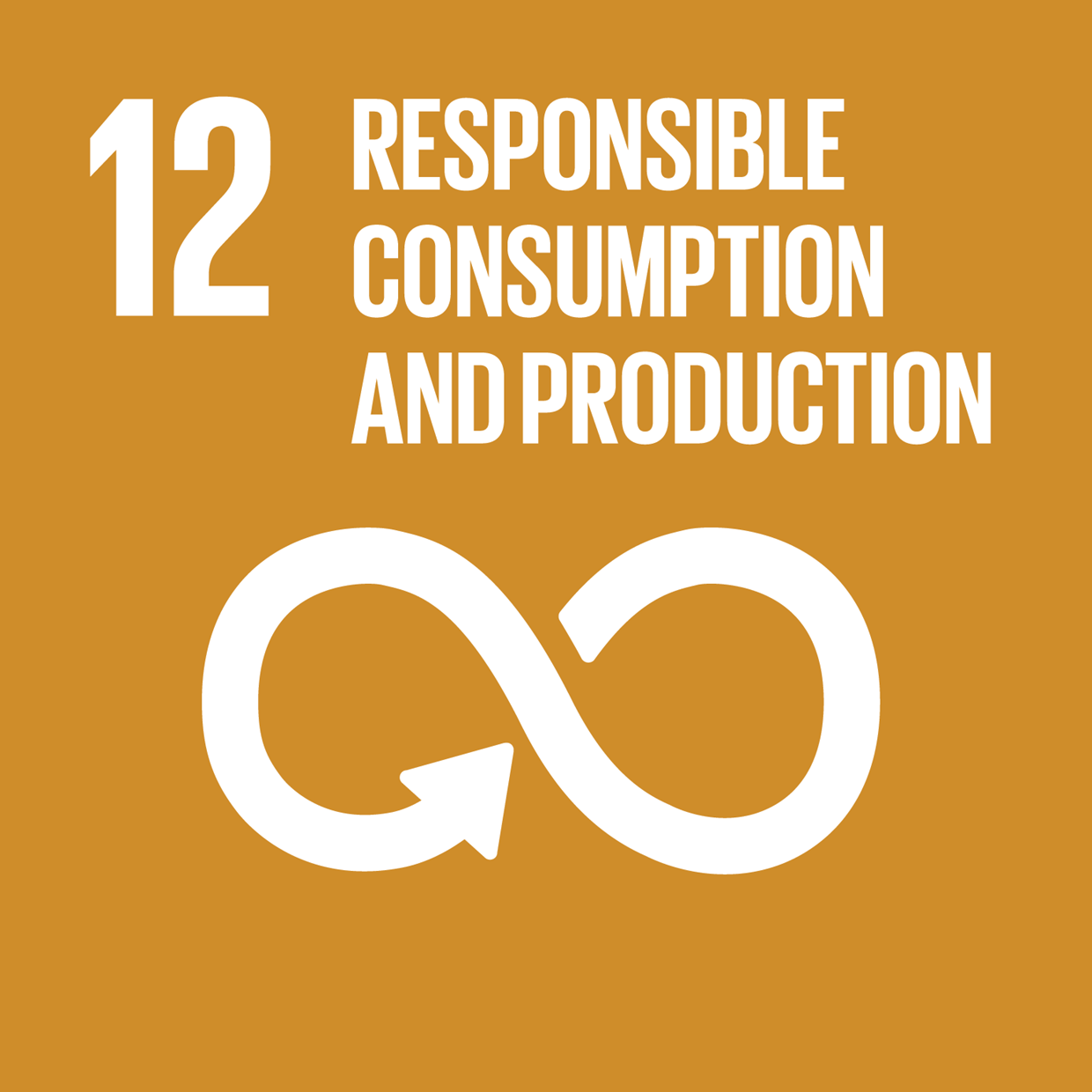
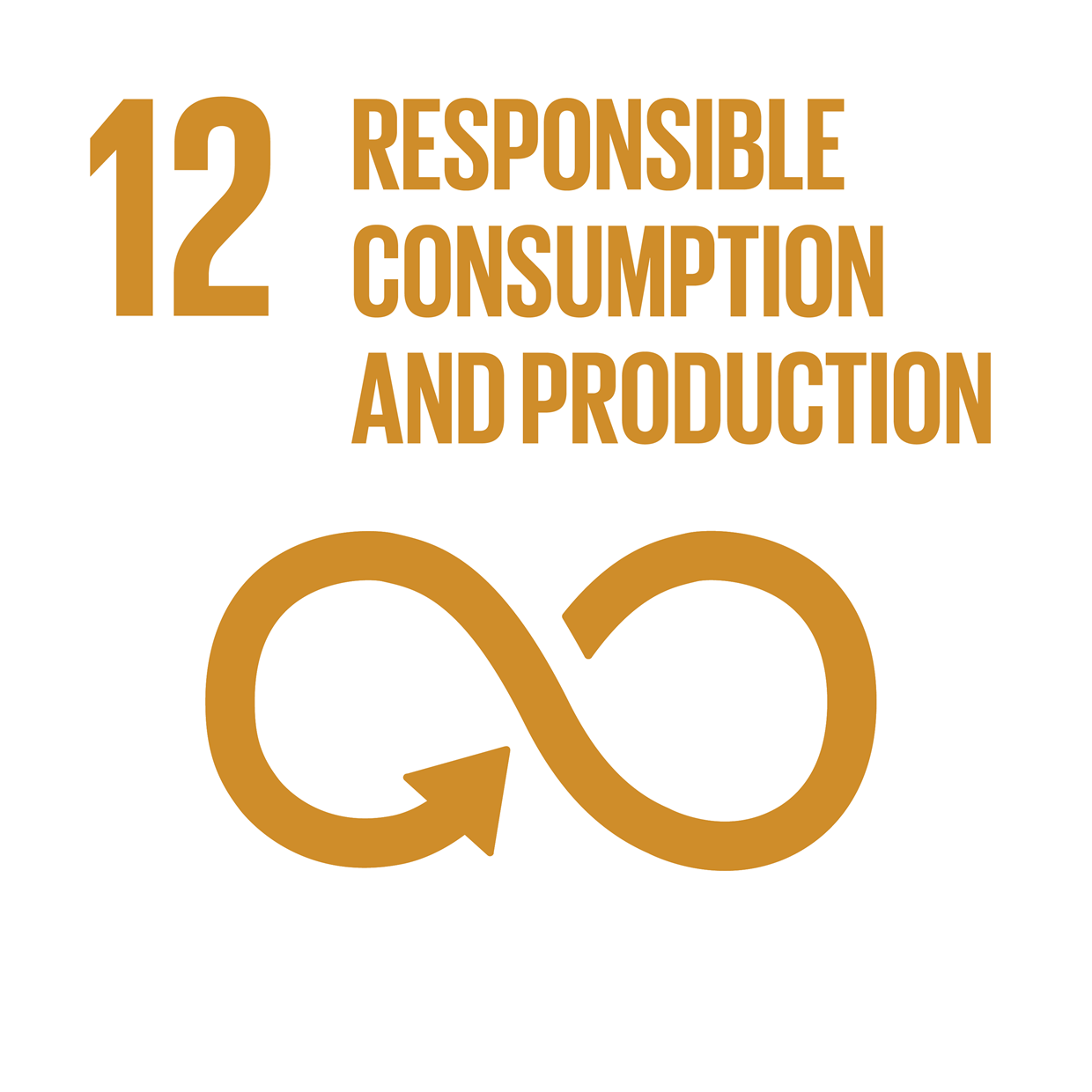
Goal 12. Ensure sustainable consumption and production patterns
By 2020, achieve the environmentally sound management of chemicals and all wastes throughout their life cycle, in accordance with agreed international frameworks, and significantly reduce their release to air, water and soil in order to minimize their adverse impacts on human health and the environment (Target 12.4)
By 2030, substantially reduce waste generation through prevention, reduction, recycling and reuse (Target 12.5)
By 2030, ensure that people everywhere have the relevant information and awareness for sustainable development and lifestyles in harmony with nature (Target 12.8)
Material Topic: Effluents & Waste
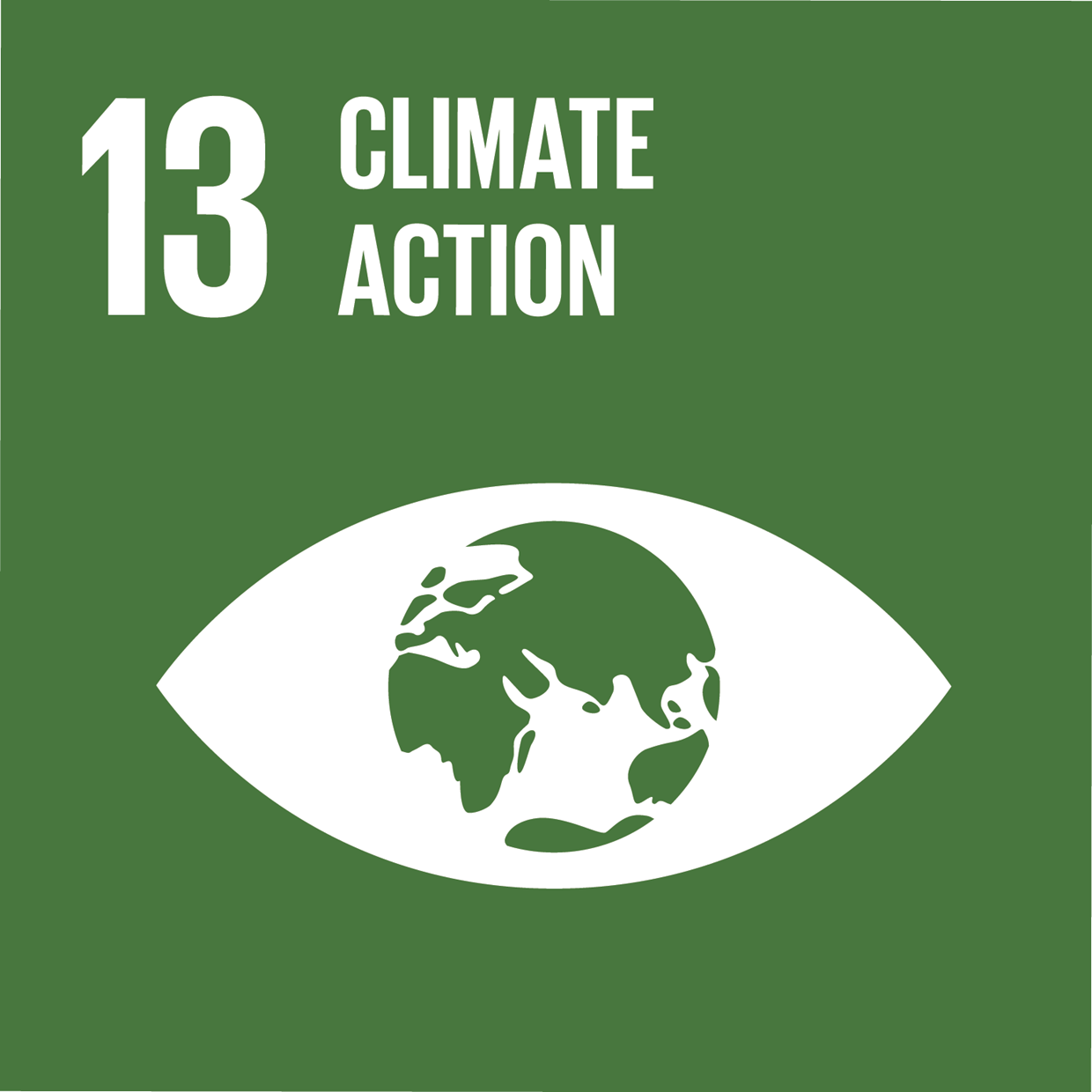
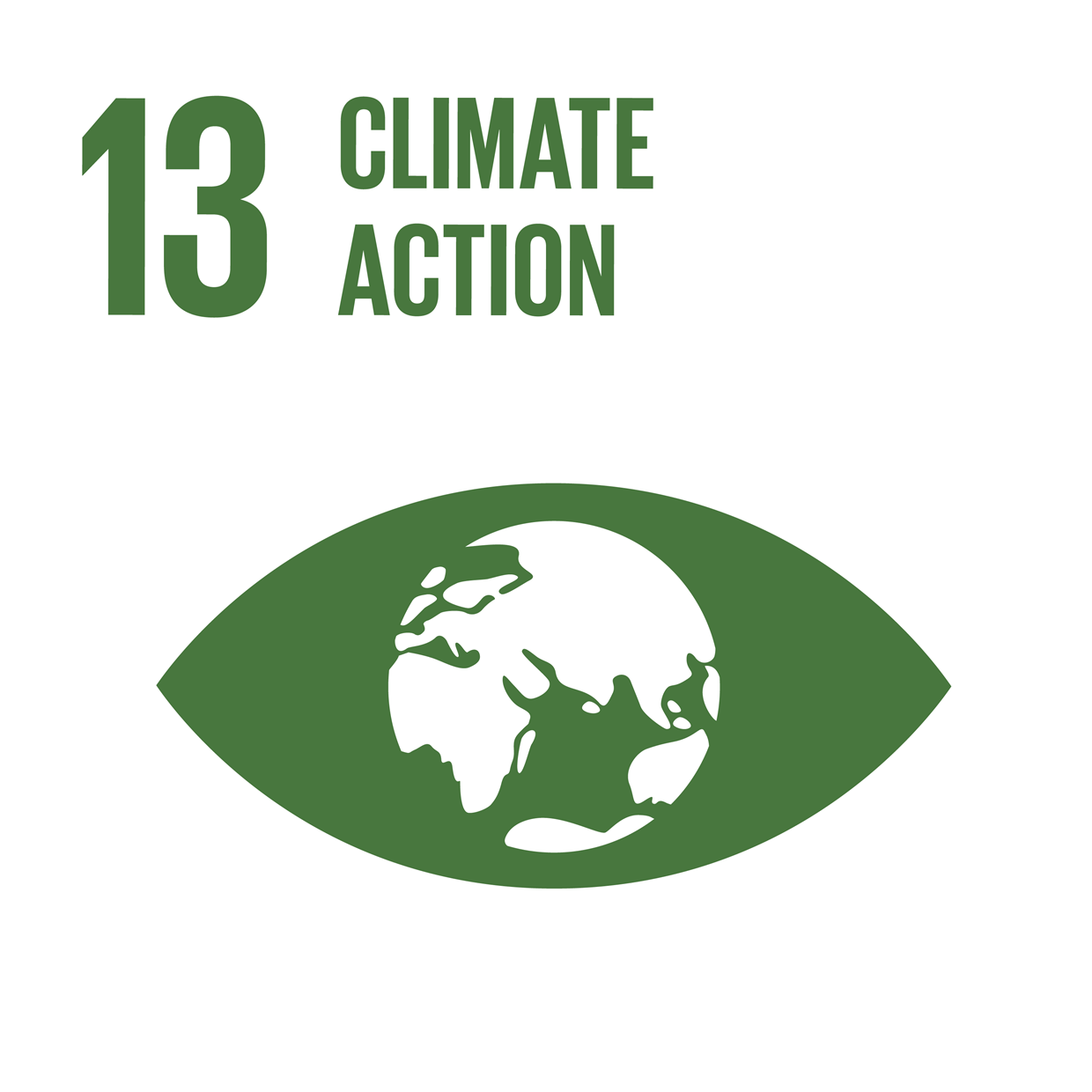
Goal 13. Take urgent action to combat climate change and its impacts
Strengthen resilience and adaptive capacity to climate-related hazards and natural disasters in all countries (Target 13.1)
Improve education, awareness-raising and human and institutional capacity on climate change mitigation, adaptation, impact reduction and early warning (Target 13.3)